If your auditor raises NCRs during your audit, you must address them promptly.
The table below highlights the main steps in responding to an NCR and essential deadlines.
Please hover to learn more


Within 30 days from the last day of the audit, the client must complete a correction, root cause analysis and corrective action plan.
These actions are documented on Orion’s NCR form and submitted to your auditor for review and acceptance.


Before closing an NCR, your auditor will need to review the actions taken to determine if they have been implemented and effectively address the identified root cause.
| Step 1: NCR Classification | Step 2: Correction / root cause / corrective action plan submission deadline | Step 3: Orion reviews evidence of correction | Step 4: Orion review of NCR for effectiveness and closure | |
|---|---|---|---|---|
| ISO Standards & BIFMA e3 | Major | 30 days after audit | Reviewed during STEP 4 |
Stage 2 / Recertification / Upgrade Audits / upgrade audits Prior to being certified or recertified. Surveillance Audits 120 days |
| ISO Standards & BIFMA e3 | Minor | 30 days after audit | 30 days after audit | Review and verification done at the next audit. |
| R2 | *Major or Minors | 30 days after audit or immediate suspension | No later than 60 days after audit |
Stage 2 / Recertification / Upgrade Audits Corrective action audit to review no later than 3 months after last day of Stage 2 or Recertification audit. Surveillance Audits Corrective action audit to review no later than 6 months after last day of Stage 2 or Recertification audit. |
| Languages Canada | Major | 30 days |
120 days – new members 60 days – existing members | |
| Languages Canada | Minor | Not Required | 30 days |
*R2 Major
In addition to our regular classification of NCR’s Seri has mandated indicate that the following issues be identified as Major NCR’s:
Under ISO 9000:2015, a Nonconformity is the “Non-fulfilment of a requirement”. These requirements can be those from a standard, scheme holder, Orion or a company’s internal requirement. For identified nonconformities, the auditor must classify them as a Minor or Major Nonconformity.
Minor NCR
According to ISO 17021-1, a minor nonconformity does not affect the capability of the management system to achieve the intended results. For example, suppose a company planned to fully complete their internal audit by September and was delayed for a valid reason. In that case, the may be classified as a Minor provided the management system was effective and the process managed.
Major NCR
Major nonconformities, on the other hand, are defined as Nonconformity that affects the capability of the management system to achieve the intended results.(ISO 17021-1)
Note: Nonconformities could be classified as a major in the following circumstances:
if there is a significant doubt that effective process control is in place or that products or services will meet specified requirements;
a number of minor nonconformities associated with the same requirement or issue could demonstrate a systemic failure and thus constitute a major nonconformity.
Examples include:
– a total breakdown of the system, control or procedure is observed;
– a requirement has not been implemented or followed;
– a previous issue has reoccured
– student safety is at risk (Languages Canada standard only)
– unqualified staff or teachers are being used in the program (Languages Canada standard only)
To build on the example above, if the internal were not done and there was no valid reason given, there is no way to valid the process controls are in place and effective.
As part of the NCR process, you will need to implement a correction to eliminate the detected Nonconformity followed by a root cause and corrective action to eliminate the cause of the Nonconformity.
Consider the example below to better understand the difference between correction and corrective action.
Please keep in mind that the correction and corrective action are two steps with different action. Consider the following example:

An employee slipped on water in the facility and injured themselves.
Wiped up the water. Closed off the area and repaired the roof.
- Why did the employee fall? – Water on the floor
- Why was there water on the floor – Leak in the roof?
- Why was there leak? – Roof was old and roof integrity never inspected
- Why was the roof integrity never inspected? – No reminders and not part of any maintenance program (root cause)
Add the roof inspections to the building preventive maintenance program to proactively identify any integrity issues.